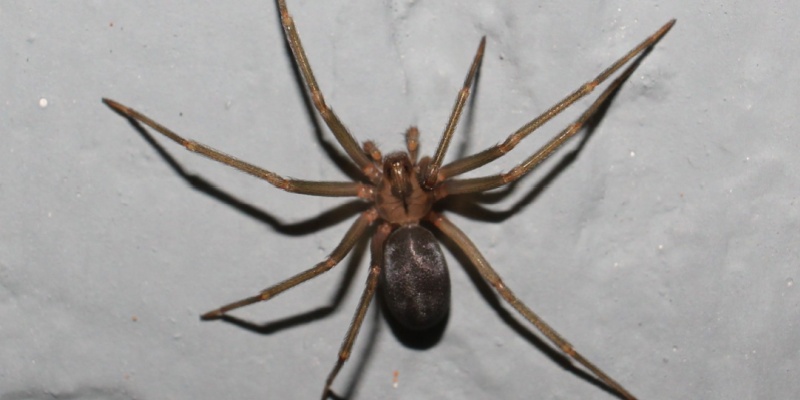Dealing with a spider problem can be a daunting task. While it is possible to manage minor infestations on your own, larger or recurring issues often require professional intervention. Here are some steps you can take to address a spider problem independently:
1. Identify the Infestation
First, determine the extent of the infestation. Look for webs, egg sacs, and the spiders themselves. Pay attention to areas that are often dark and undisturbed, such as basements, attics, and closets.
2. Keep Your Home Clean
Spiders are attracted to clutter and debris where they can hide and hunt for other insects. Regular cleaning and decluttering can reduce their hiding spots. Vacuum regularly, especially in corners, under furniture, and around windows and doors.
3. Seal Entry Points
Prevent spiders from entering your home by sealing cracks and gaps in windows, doors, and the foundation. Use caulk to fill small openings and ensure that screens on windows and doors are intact and without holes.
4. Remove Food Sources
Spiders prey on other insects, so reducing their food supply can help deter them. Keep other pest populations under control by using insect traps and ensuring food is stored properly in sealed containers.
5. Use Natural Repellents
Certain natural remedies can help repel spiders. Essential oils like peppermint, tea tree, and lavender can be effective. Mix a few drops with water in a spray bottle and apply it around potential entry points and hiding spots.
6. Set Traps
Sticky traps can catch spiders as they move around your home. Place these traps in areas where you have seen spider activity. They are a non-toxic way to monitor and reduce spider populations.
7. Outdoor Maintenance
Maintain your yard by keeping grass trimmed and bushes pruned away from your home’s exterior. Remove piles of wood, leaves, and other debris that can serve as breeding grounds for spiders and their prey.
When to Call Professionals
While DIY methods can be effective for small infestations, significant or recurring spider problems often require professional help. Pest control experts can provide a more comprehensive solution, including:
- Thorough Inspection: Professionals can accurately assess the extent of the infestation and identify the species of spiders involved.
- Effective Treatments: They have access to more potent and specialized treatments that are often not available to the public.
- Preventive Measures: Experts can offer advice and solutions to prevent future infestations, such as ongoing maintenance plans.
Health and Safety Considerations
Some spiders, like the brown recluse or black widow, are venomous and can pose a serious health risk. If you encounter these spiders, it’s best to contact a professional immediately. Attempting to remove venomous spiders on your own can be dangerous.
While it is possible to manage minor spider infestations on your own through regular cleaning, sealing entry points, and using natural repellents, larger or persistent problems often require professional pest control services. By taking proactive steps and knowing when to seek expert help, you can effectively manage and prevent spider infestations in your home.
